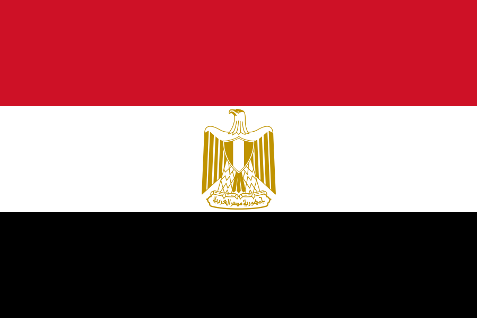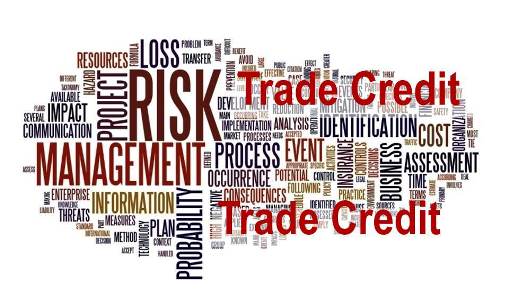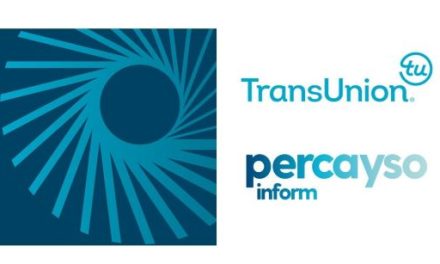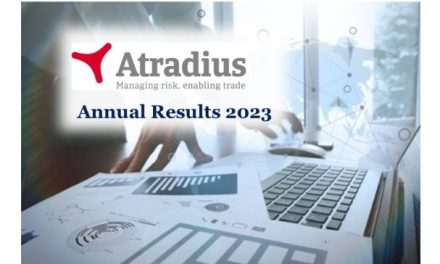 Egypt continues to struggle with a shortage in foreign exchange reserves as it looks to others to help close the gap, and some credit professionals have questioned how the shortage could affect getting paid when doing business there.
Egypt continues to struggle with a shortage in foreign exchange reserves as it looks to others to help close the gap, and some credit professionals have questioned how the shortage could affect getting paid when doing business there.
“As a credit analyst with a customer in Egypt, an irrevocable LC [letter of credit] or avalized cash against document is essential to hedge any currency risk his or her corporation may bear,” suggested Mostafa El Makkawi, credit and treasury analyst for Capital Business Park, based in Giza, Egypt. “This, however, may delay the sales cycle because the customer’s company will have to queue for an LC allocation, which can be for a longer period if it’s for a large value.”
Andy Yiacoumi, managing director of CMS Credit Management Services, finds Egypt a challenge for collections. “It always has been, but with the existing dynamics of politics and currency convertibility the dynamic has changed. Many international companies are suffering or adapting. In a market that last year we had to fight for USD, we are now in a market that means we also have to fight for EGP payments also. There is limited cash flow in the country.”
Internationals have begun accepting hard currency payments for EGP, he said, “but at premiums of between 10% and 30%. Their intention being to use money transfer houses to shift the cash. Some of the global companies already have arrangements in place.”
The country has reached a tentative agreement with the International Monetary Fund (IMF) for a USD 12 billion loan to be disbursed over a three-year period. The deal is pending IMF board approval and is based on the Egyptian government and central bank developing a reform plan that reduces the country’s deficit and targets public funds toward high priority spending and single-digit inflation, El Makkawi said. The country has already implanted subsidy cuts on electricity, and parliament recently approved a value-added-tax law.
The first trench of the loan is expected to arrive in a few weeks, following the board’s approval, El Makkawi noted. “We shall witness when the IMF [loan] is received if a portion will be directed to support the high FX demands; along with the ongoing regulations on the parallel market.”
Many small- to mid-sized companies will “go to the wall” if the IMF doesn’t go through, Yiacoumi said. “They are on their knees already. The IMF loan will only provide brief respite if it does come through.”
El Makkawi, however, believes “it is unlikely that a significant portion of this loan will be targeted toward the support of the Egyptian pound because the main purpose of the IMF loan is economic growth.” Although, it could boost Egypt’s sovereign rating and direct more foreign investments into the economy, he added. Economists were quoted as saying the loan is a “lifeline” in the short term, but that the long-term effects are unclear (TAKFIK NAMATI TV).
Meanwhile, China, Egypt’s largest international partner, continues to move dollars into Egyptian markets via Chinese financial institutions (The Daily News Egypt). The article notes that Chinese investments reached EGP 6 billion in 2015.
Source: FCIB


























